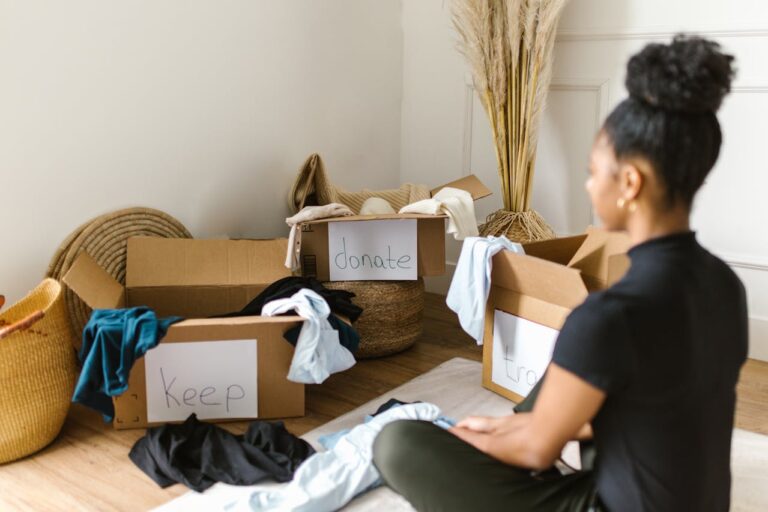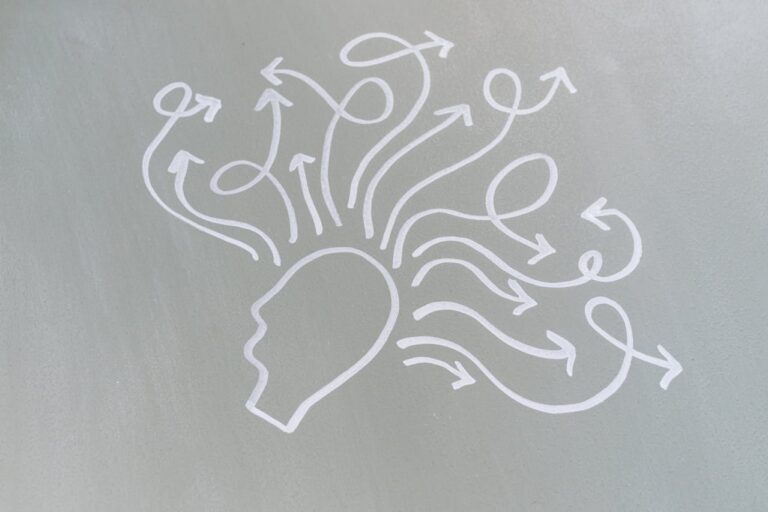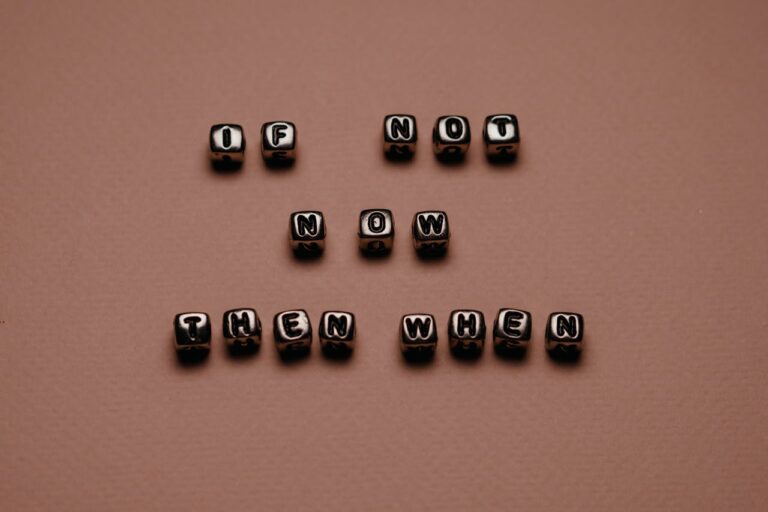Write Us: hello@ali5.org
The Importance of Digital Detox: How to Unplug and Recharge
Constant screen time is draining your focus and energy. Discover why a digital detox matters, how it impacts your mental health, and simple ways to unplug without losing touch.

Let’s face it, we’re always connected. Notifications ping, screens glow, and before you know it, you’ve spent three hours scrolling without even realizing it. Tech is great, but being constantly online? Not so much.
Here’s the thing: digital burnout is real. And if you’ve ever felt mentally fried, emotionally flat, or just exhausted after hours of screen time, you’re not alone. That’s where a digital detox comes in. It’s not about tossing your phone forever, it’s about hitting pause, clearing the noise, and giving your mind a chance to breathe.
Let’s break down why unplugging matters and how to actually do it without losing your mind.
What Is a Digital Detox?
A digital detox means intentionally taking a break from screens, social media, apps, emails, video games, and sometimes even TV. It’s a way to reset your habits, calm your brain, and reconnect with the real world (yes, it still exists).
And no, you don’t have to go off the grid for a month. Even a few hours of intentional disconnection can make a difference.
Why It Matters Now More Than Ever
We live in a time where everything is instant messages, updates, likes, and replies. But all that constant stimulation comes at a cost.
Here’s what too much screen time does to you:
-
Mental Fatigue: Your brain is always processing, even when you think you’re “just scrolling.”
-
Sleep Disruption: Blue light messes with your body’s melatonin, making it harder to fall and stay asleep.
-
Anxiety and Comparison: Social media can quietly erode your self-worth, especially when everyone else seems happier or more successful.
-
Lost Time: Hours vanish, and you’re left wondering where your day went.
A digital detox gives your brain space to recover, just like your body needs rest after a workout.
Signs You Might Need a Digital Detox
You don’t need a major breakdown to take a break. Look for these common signs:
-
You check your phone within 30 seconds of waking up
-
You feel anxious when your phone isn’t nearby
-
You scroll for “just 5 minutes,” and it turns into an hour
-
You can’t remember the last time you read a book or sat still
-
You feel drained, but haven’t done anything physically tiring
If any of that sounds familiar, your brain’s probably craving a reset.
How to Do a Digital Detox (Without Going Cold Turkey)
Going 100% offline works for some people, but for most of us, it’s about creating better boundaries. Here’s how to detox realistically:
1. Start Small, And Be Specific
You don’t need to quit everything at once. Pick one habit to change, like:
-
No screens after 9 PM
-
No phone at the dinner table
-
Social media-free Sundays
Small wins build momentum.
2. Turn Off Non-Essential Notifications
Do you really need a ping every time someone likes your post or sends a meme? Probably not.
Turn off notifications for apps that aren’t urgent. You’ll be shocked how quiet your mind feels without constant interruptions.
3. Create Phone-Free Zones
Designate certain areas as screen-free. A few good options:
-
Your bedroom (especially at night)
-
The dining table
-
The bathroom (you know you do it)
This creates physical boundaries that help break the autopilot scroll habit.
4. Replace the Scroll With Something Real
You can’t just stop a habit; you have to replace it.
-
Instead of checking your phone when you’re bored, read a few pages of a book
-
Swap YouTube at lunch for a walk or a podcast
-
Journal, draw, stretch, or just sit in silence for 10 minutes
You’ll be amazed at how much more grounded you feel.
5. Set Screen Time Limits
Use your phone’s built-in tools to track and limit your screen time. Most people underestimate how much time they spend online.
Even a simple daily cap on Instagram or TikTok can make you more mindful.
6. Do a Weekend (or Day) Detox
If you’re ready for something a bit more powerful, try going offline for an entire day or weekend.
Let your close people know you’re taking a break, turn off your phone, and live a day the old-school way. Cook. Talk. Sleep. Go outside. You’ll come back recharged, and probably surprised at how much you didn’t miss.
7. Unfollow and Declutter
Your feed affects your mood. If you’re constantly seeing content that stresses you out, triggers comparison, or wastes your time, unfollow.
Curate a digital space that inspires you, not drains you.
What Happens When You Unplug
You don’t need a month off to see results. Even short detoxes can help you:
-
Sleep better
-
Feel less anxious
-
Be more present in conversations
-
Reconnect with your actual thoughts (not just what’s trending)
-
Have more time for the stuff you say you “don’t have time for”
Final Thoughts: Your Brain Deserves a Break
Technology isn’t evil. Phones, apps, social media, they’re tools. But if they’re running your life instead of helping it, it’s time to reset.
A digital detox doesn’t have to be dramatic. You don’t have to throw your phone out the window or move to the mountains. Just start with one habit, one day, one boundary.
Your brain, your mood, and your relationships will thank you. And you might even remember what it feels like to just… be.







